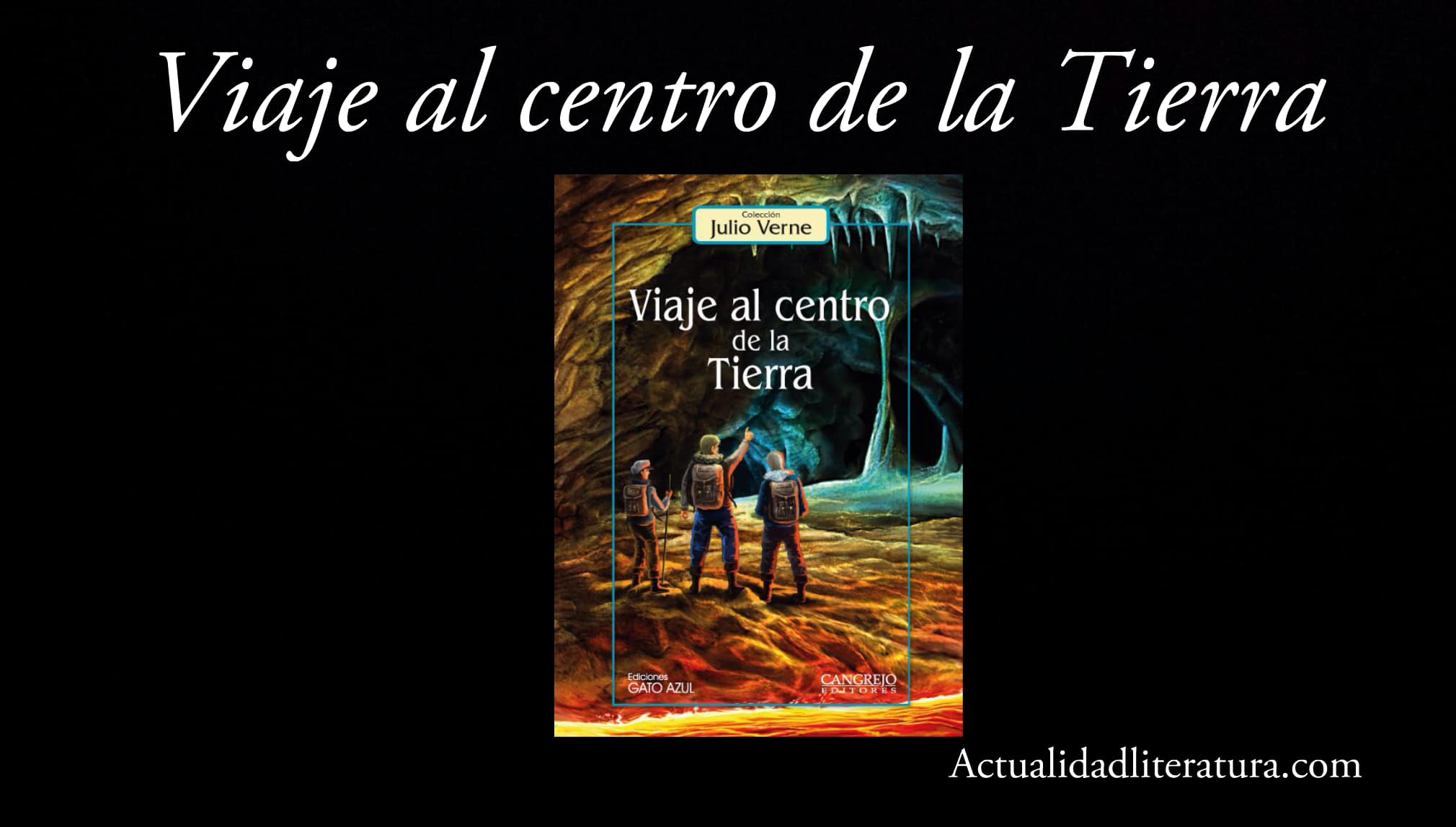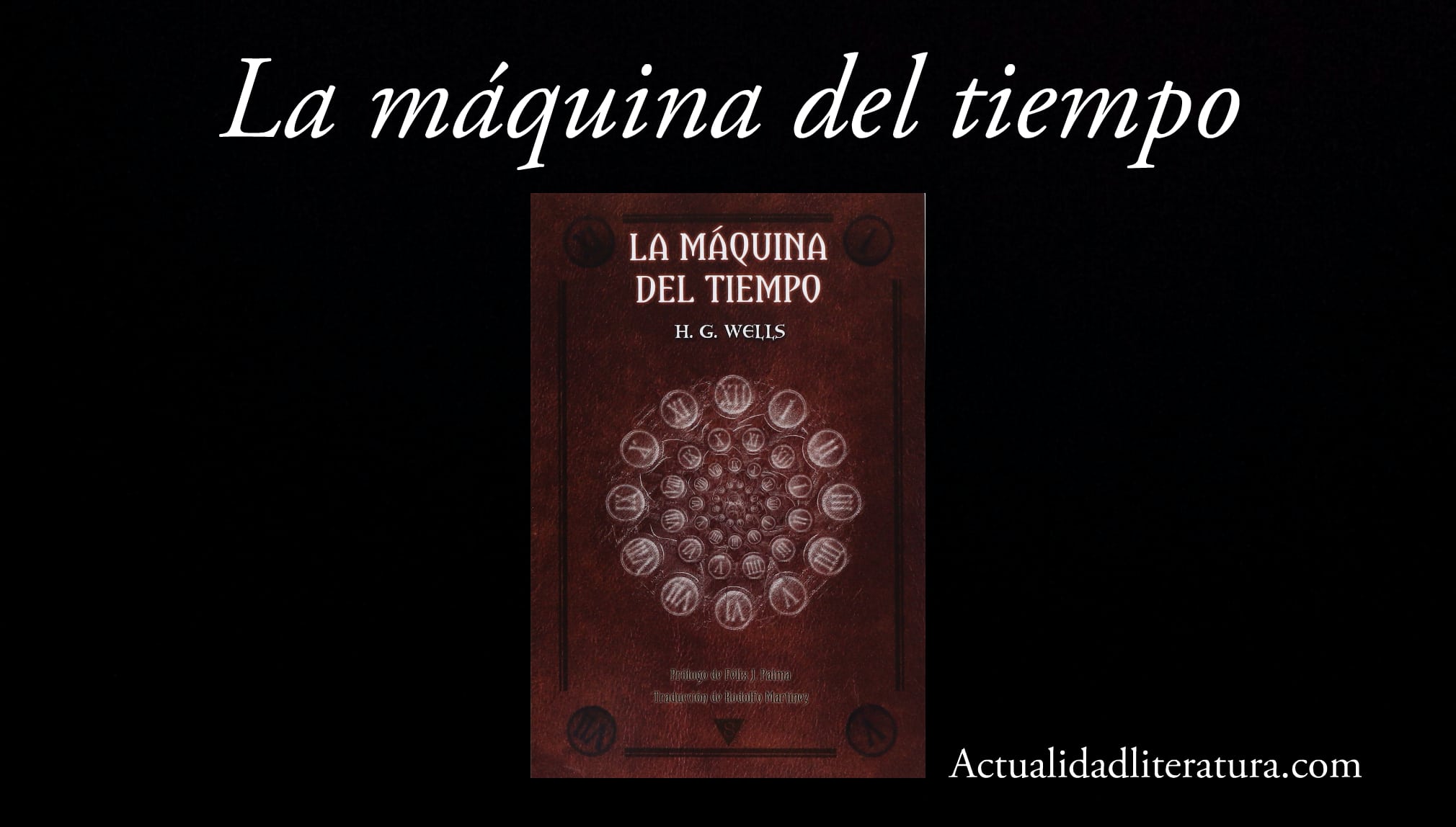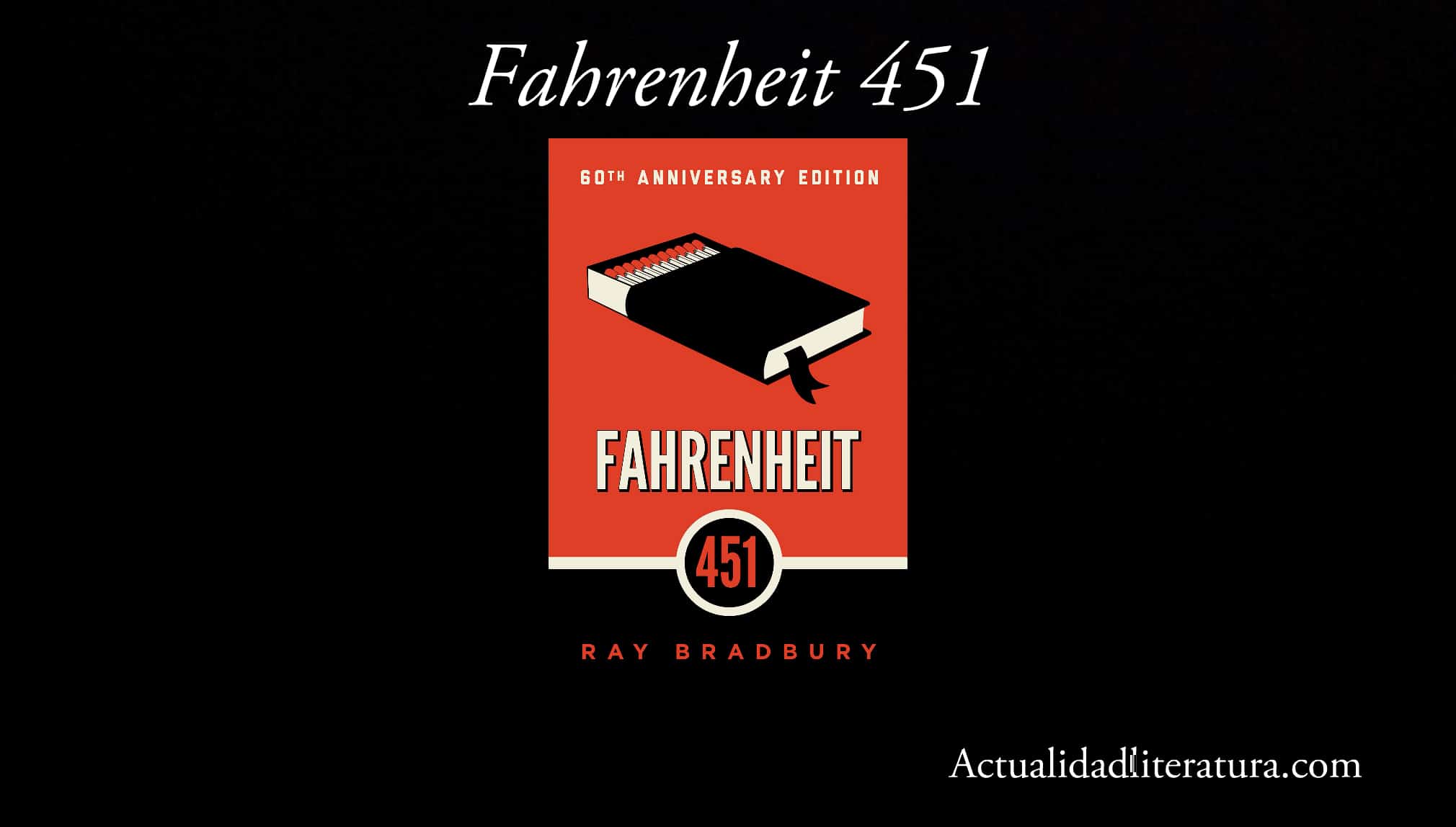
Journey to the Center of the Earth.
Along with horror and romance, science fiction books are among the most popular. The idea that its origins date back to the 1920s is taken as valid. More specifically, to the year 1926, when the magazine began to be published Amazing Stories. While this was the first time that science fiction, many had already ventured into these worlds.
The term itself is the subject of much debate as well as confusion and misunderstanding. Starting because it is a slope or a subgenre of fictional narrative. That is to say, "fictional" stories that, in practical terms, work in the same way that books of love stories or family dramas do.
Science fiction or science fiction?
For Spanish speakers, the task of defining this literature and setting its limits has an extra component. Some consider that "science fiction" is too literal and inaccurate translation of science fiction. That the correct thing is "science fiction." Words more, words less: it is about speculating on various topics, but adhering to a certain scientific rigor.
It is precisely this last idea - that of scientific rigor - that makes it possible to differentiate this type of literature from the fantastic. Science fiction — or science fiction, as you prefer — needs to follow and establish logic. Speculative and even fantastic, but immovable. Anticipation literature and rational speculation were some of the titles applied to this genre before everything was unified under a single umbrella.
Verisimilitude, first of all
Science fiction storytellers do not announce within their texts that they are telling a science fiction story. Although they may warn - in the first person, addressing the readers directly or through a character - that these are "incredible" and even "fantastic" facts, they insist on the idea that what is told is real.
For this they rely on the already commented aspect of scientific logic. They build clear rules about how things work and stick to them. This allows them to establish a communicational pact with the readers.
Science fiction, before science fiction
Long before the second decade of the XNUMXth century, science fiction stories abounded. What did not exist was the concept. Names like Edgar Allan Poe or Tomás Moro can be included in what is known as "Proto science fiction". List that includes authors such as Sir Arthur Conan Doyle, Charles Dickens or Johannes Kepler.
And although there is no uniformity of opinions to issue a definition of what science fiction is, or its exact origin, it is clear what it was. the title that divided the history of the genre in two. This is Frankenstein o The Modern Prometheus by Mary Shelley.
The paradox is that, in recent years - with the evolution of the genre - this monster has lost prominence within "Sci Fi". (Although it remains an essential myth). For many it is a horror story and nothing more. Although it perfectly exemplifies the importance of these stories establishing and complying with their own scientific rigor.
What science fiction is about
Robots, aliens or interspace travel. Science fiction is not always spectacular. It encompasses explorations of a sociological nature. An example of this is Utopiaby Tomás Moro. A text published in 1516 by means of which the English theologian imagines a society governed by the philosophical doctrines of the classical world and under the Christian faith.
The ideal of achieving a world between just and incorruptible has been present in less optimistic and darker accounts. One of the best known is A Clockwork Orange by Anthony Burgess (1962). Robots have also participated in this type of social review (speculation). Do Androids Dream of Electric Sheep? by Philp K. Dick (1968) is another good example.
Uchronias, dystopias
Another subcategory of this literary genre is the uchrony. This is kind of "Alternative history", exploring the possibility that some historical events that marked the course of humanity they would have had a different resolution. The best example was born again from Dick's pen. Is about The man in the castle. A novel in which the Allies were defeated in World War II, which allowed the Germans and the Japanese to divide up the territories of the United States.
The dystopian future is another reiterative idea. Again the search for the perfect society ends up giving rise to the opposite. This particular topic was very much in vogue for the first two decades of the XNUMXst century. The Hunger Games by Suzanne Collins (2008) and Divergent Veronica Roth (2011) are two examples of this. Although dystopias are nothing new. 1984 by George Orwell (1949) and Fahrenheit 451 Ray Bradbury's (1953) are true classics.
Travels in the time
An insatiable search for humanity, which has found some placebo in science fiction literature. Idea explored to the fullest recently in the German TV series Dark, produced by Netflix. What many do not know is that the first machine to travel in time came configured in Spanish.
It was the Madrid writer Enrique Gaspar who "patented" one of these gadgets before anyone else. Did it in the novel The anachronópete, published in 1887. A text unknown by much of the public and which has not been recognized in the best way. This is partly because this author was better survived by his plays and zarzuelas.
Five essential science fiction novels
What audacity. Select five science fiction novels and name them "essential." In reality, there is no room for more. For this reason, in a completely arbitrary way - and using only literary preferences (and what has been read) - a list of five “outstanding” titles within literary fiction is proposed.
Journey to the Center of the Earthby Jules Verne
You can buy the book here: Journey to the Center of the Earth
There are authors who require exclusive dedication. Items just for them. Julio Verne is in that category. Selecting a single story within your catalog already seems risky. That means leaving out many classics. But we are going to stand firm within our own scientific rigor.
The title was published in November 1864, several years before the term science fiction was patented. An intraterrestrial adventure that has served for several enthusiasts, in a game way, but also very seriously, Postulate hypotheses about what is hidden under the tectonic layers.
The time Machineby HG Wells
You can buy the book here: The time Machine
Another essential author when talking about science fiction. Beyond that his contributions appeared long before the standardization of this concept. And although Enrique Gaspar is recognized as the first to include a time travel machine in his stories, none of these artifacts is more iconic than that of Herbert george wells.

The time Machine.
The adventure proposed by the London writer and published in 1885, could disappoint many readers of the new generations. There are no temporal paradoxes. Only speculations of a moral nature about what a society would be like that could physically anticipate the events that are yet to come.
A Yankee at King Arthur's Courtby Mark Twain
You can buy the book here: A Yankee in King Arthur's Court
Still in the XNUMXth century, published just four years after The time machine Wells. It's another story that differs from millennial ideas about time travel and catastrophic paradoxes.

A Yankee in the Court of King Arthur.
It is rather a satire that speculates what would happen if a modern man installed himself in the court of King Arthur. In the middle of the Middle Ages and together with the other knights of the Round Table. With the addition that this character who inexplicably travels in time, is a specialist in firearms.
Fahrenheit 451by Ray Bradbury
You can buy the book here: Fahrenheit 451
A society in which books are banned. This seems to be the dream of many fascist and authoritarian rulers. As well as his followers. It is also the conflict on which it is built Fahrenheit 451 by Ray Bradbury.

Fahrenheit 451.
Published in 1953, the American author himself acknowledged that he wrote this story very concerned about the implications of the McCarthy Era. An argument and a concern that, no matter how science fiction it may seem, is still in force these days.
The Hunger Gamesby Suzanne Collins
You can buy the book here: The Hunger Games
Most The Best Sellers that has left so far in the XNUMXst century are stigmatized. For many, they are only minor works. Its merit, in addition to selling millions of copies, comes down to entertaining. The question that always arises behind these types of statements: is there something wrong with entertaining readers?
Anyway, Collins's trilogy, whose first chapter hit bookstores in 2008, came to breathe new life not only into science fiction literature. Also to "mature" the stories of impossible romances between teenagers. These began with Edward Cullen and Bella Swan in Twilightby Stephenie Meyer (2005). Relationships that no one took seriously before the appearance of Katniss Everdeen and Peeta Mellark.